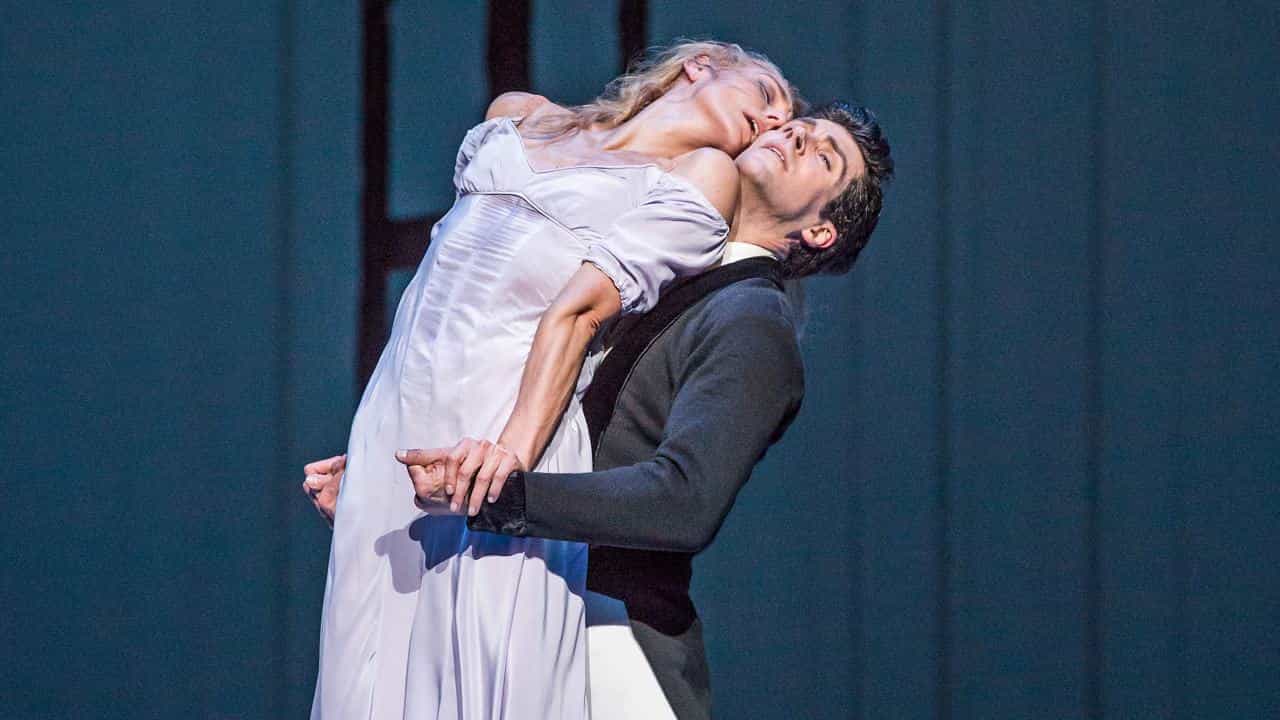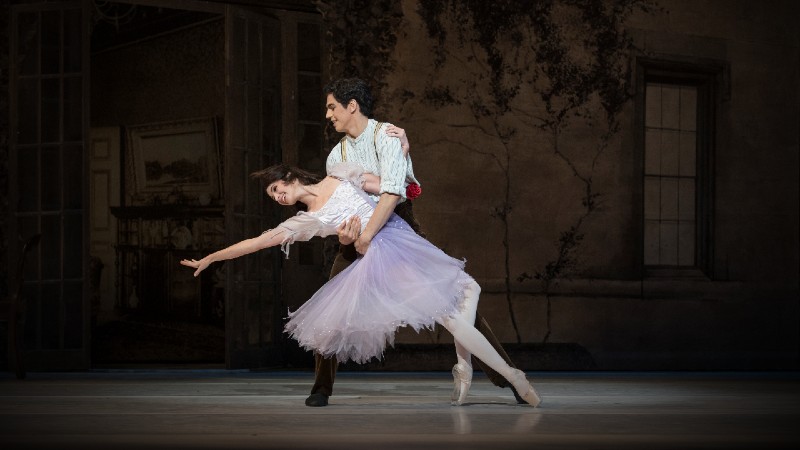A revision of the piece that Víctor Ullate premiered on May 28, 1994 at the Maestranza in Seville. For this new occasion, scenery and costumes are new, seeking to give greater prominence to the light -the fatuous fire-, present throughout the plot. In this version a groundbreaking musical bet is carried out with the inclusion of the dark ambience group "In Slaughter Natives", which adds to the musical effects created by Luis Delgado for the original version and that lead the viewer to a journey between life and death, a journey to the afterlife.
The work, written by Falla in the early twentieth century and with a markedly Andalusian character, delves into gypsy mysticism, approaching love in its most primitive and essential form. It tells the story of Candela, a gypsy girl, whose love for Carmelo is haunted by the specter of her former lover. A story of love and passion, of tears and grief, of witchcraft and seduction, of death and dance.
The choreography contains moments of great beauty, such as "Canción del amor dolido", "Romance del pescador" or "Canción del fuego fatuo". It should be noted that this version includes three popular songs written by Manuel de Falla: "Nana", "Polo" and "Asturiana", as well as a variation by Paco de Lucía for "José el eterno amante."
A new version of El Amor Brujo, different in its forms, but eternal in its essence.
Music by Manuel de Falla, Luis Delgado and In Slaughter Natives
Choreography by Víctor Ullate
Victor Ullate Ballet
Principal Orchestra of Teatro Real
Artistic team
Choreographer | Víctor Ullate
Choreographic Direction | Eduardo Lao
Conductor | Josep Vicent
Set and Lighting Designer | Paco Azorín
Lighting Design Assistant | Pedro Chamizo
Costume Designer | María Araujo
Dyeing Workshop | María Calderón
Video Creation | Greyman
Sound Designer | Miguel Lizarraga
Cantaora | Estrella Morente
Guest Artist | Rubén Olmo
Guitar | Pedro Sierra



